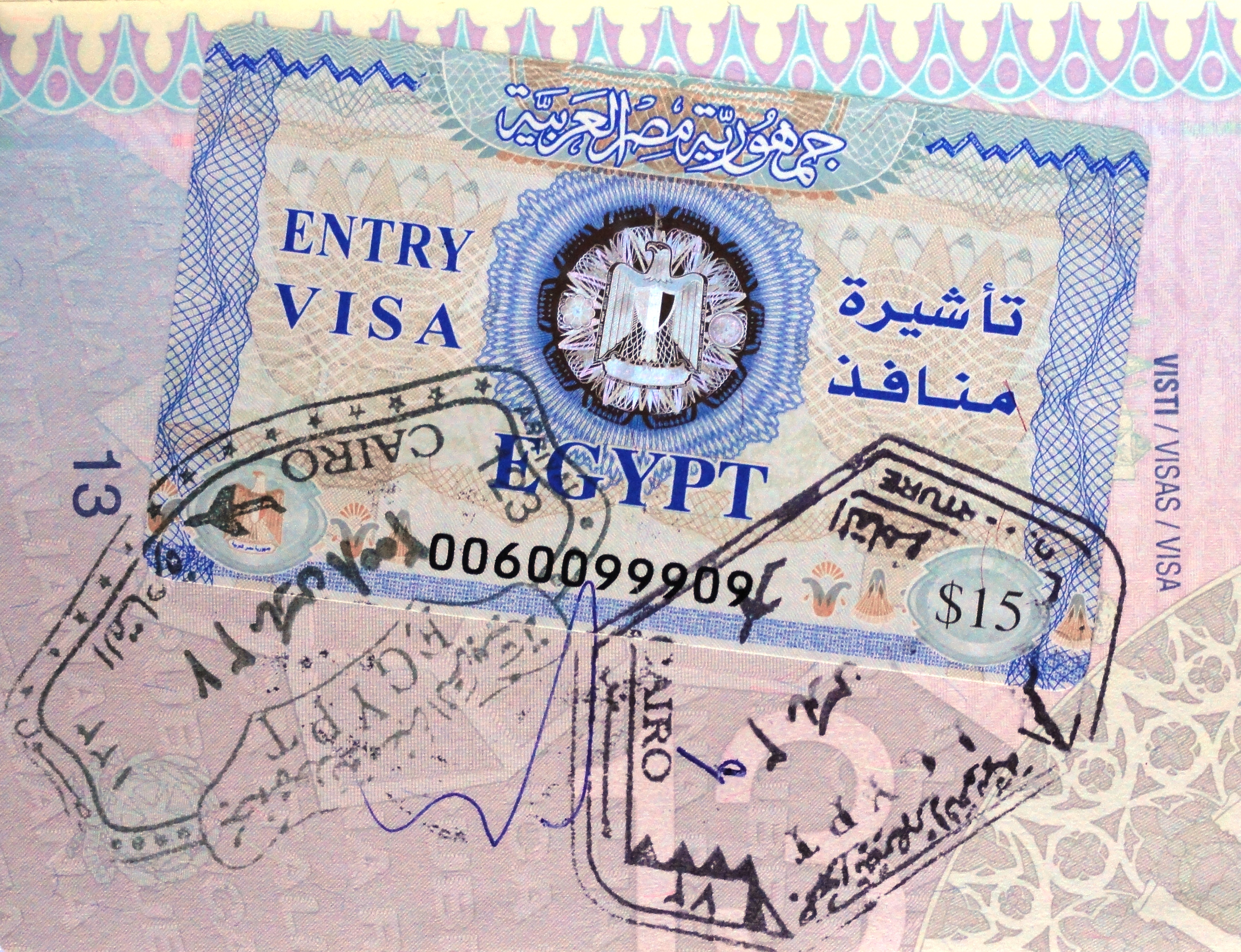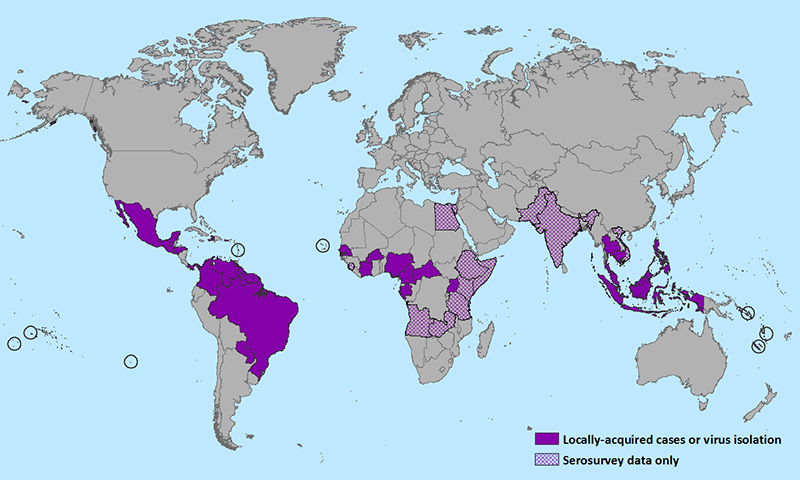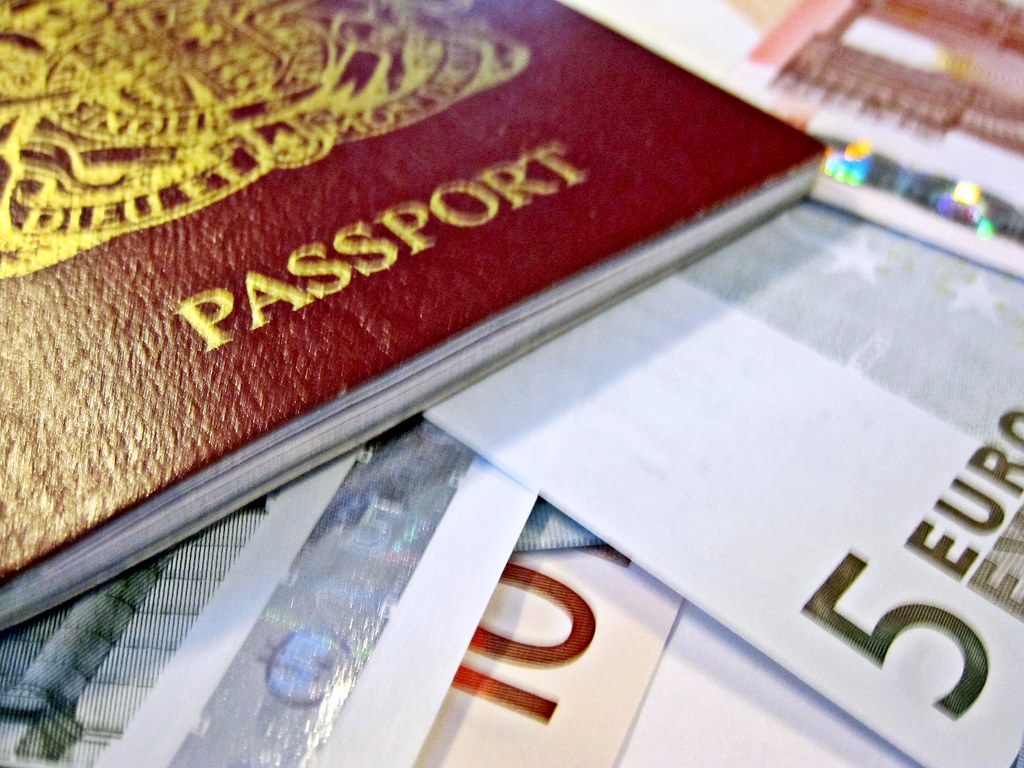Before you begin traveling you're going to need to have your own personal policy!
Over the course of the last 10 weeks I have made it sound difficult and impractical to travel, unless you're rich of course... It's actually a lot less expensive than people expect, as long as you're willing to enjoy traveling for purely the travel! If you desire the high-end resorts or cruise liners you're not necessarily desiring travel, rather you're looking to the luxurious get away where you don't have to worry about anything. There is a simpler way to travel in relative comfort and not have to be concerned about anything... Be flexible.
We all need a plan when we start traveling, that is a given, but you should also be ready to jump on opportunities when they show themselves! This is the base for a good personal travel policy.
There are plenty of ways to travel and have others take care of you so you don't need to pay for a hotel or hostel. CouchSurfing is one fairly popular idea. With four million surfers taking part in the couchsurfing experiene and 400,000 hosts all with profiles and ratings from other surfers, the process can be considered a safe and reliable one worldwide. Some times you will get a bad, sometime a couch, sometimes an air mattress, but nontheless it's a roof. You also might have to cook for yourself, but couchsurfing is free!
Another possibility if you are willing to get your hands a little dirty is through WWOOF, World Wide Opportunities on Organic Farms. It works a lot like couchsurfing, but in trade for a full days housing and food you exchange labor. Typically ranging from four to six hours, work can be on a farm, vineyard, garden, etc. Hosts must follow organic or sustainability principles, so just think, as you work for your meal and roof, you are also feeding people deliciously organic food grown at their local organic farm!
| Courtesy of The New Yorker |
| courtesy of WWOOF |
Money is important though, even if you don't plan on having to spend that much (thanks to my awesome recommendations!), because what happens when decide to take transportation somewhere far and you are out of money? Nothing happens because you're broke...
 |
| courtesy of JCI |
The ESL job is my personal favorite, but if you have other abilities it may score you a traveling job. Sailors can get on cruises, you can be a medium between banks, be a tour guide (if you know the place well enough), or you can always join the military. They might not always send you where you want to go, but you'll definitely travel!
Remember, your policy to travel comes first, because if you don't have one you'll get pushed around before you start and your adventure will never start!
As Kurt Vonnegut once wrote, "Peculiar travel suggestions are dancing lessons from God!"
| courtesy of HolyKaw |
Go get on the dance floor.
.jpg)







